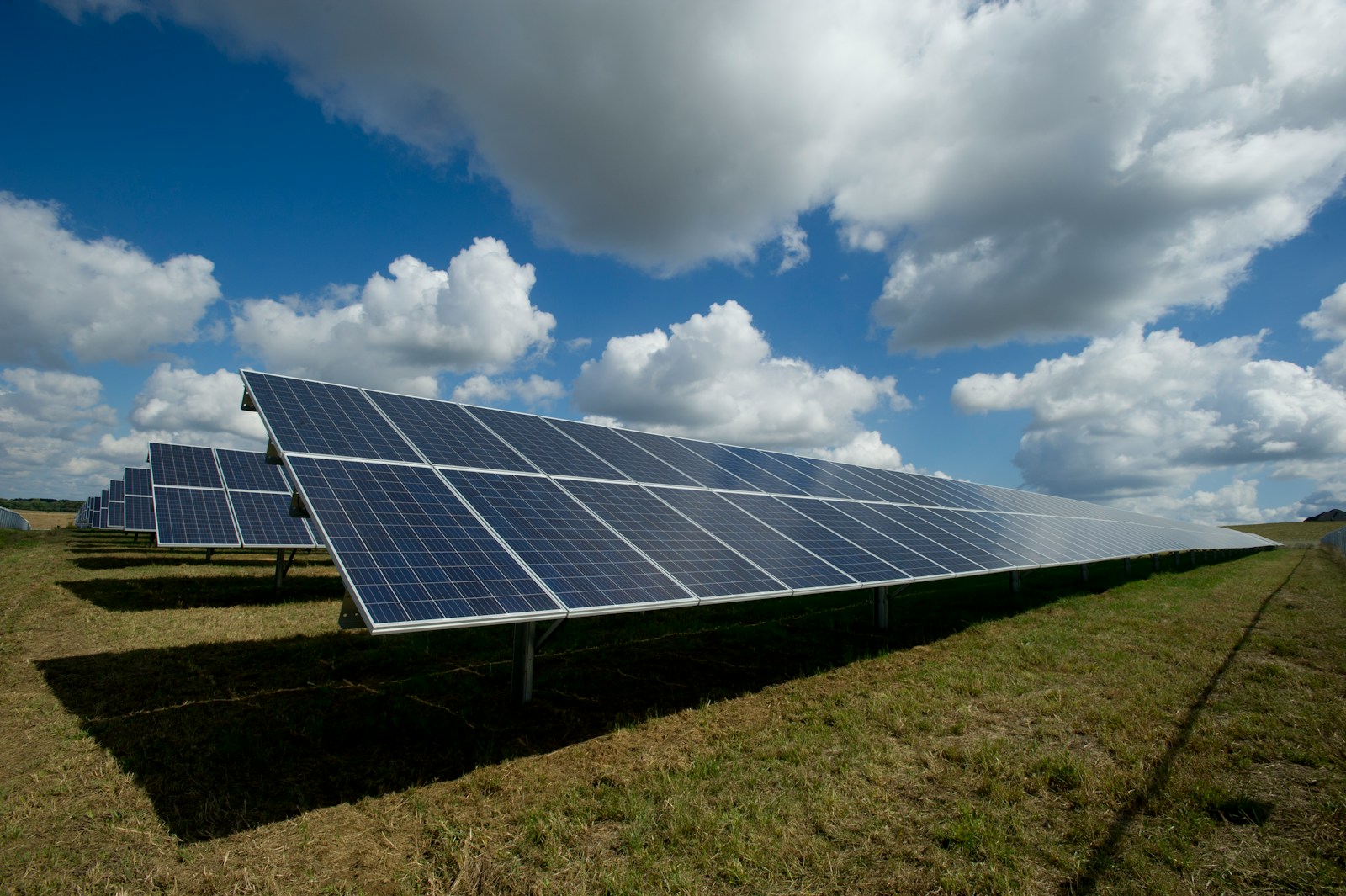
Insuring Solar Panels: Coverage for Damage and Loss
In recent years, the adoption of solar energy has surged as individuals and businesses recognize its environmental and economic benefits. Solar panels are becoming increasingly popular as a renewable energy source, providing clean electricity and reducing carbon footprints. However, like any investment, solar panels come with risks and ensuring adequate coverage for damage and loss is crucial to protect your investment.
Solar panels are durable, with typical warranties lasting 20 to 25 years. Yet, they are not immune to severe weather, accidents or vandalism damage. Potential threats, such as hailstorms or fallen branches, could damage or destroy your solar panels. Additionally, theft is a concern, as the value of solar panels makes them attractive targets for thieves.
So, how can you safeguard your investment in solar panels? The answer lies in securing comprehensive insurance coverage tailored to the unique risks associated with solar energy systems. 
What Type of Insurance Covers Solar Panels?
Insurance for solar panels typically falls under the following two categories:
- Property insurance—Many homeowners and business insurance policies offer coverage for solar panels as part of the property coverage. However, the extent of coverage may vary, and it’s essential to review your policy to understand the specific protections provided. Property insurance typically covers damage from events like storms, fire and vandalism, but it may not include coverage for all potential risks related to solar panels.
- Specialized solar panel insurance—Recognizing the growing demand for coverage tailored to solar energy systems, some insurance companies offer specialized policies for solar panels. These policies may provide additional protections, such as coverage for the loss of electricity production due to damage or coverage for the cost of removing and reinstalling panels during repairs.
Factors to Consider When Insuring Solar Panels
When selecting insurance coverage for your solar panels, you should consider the following factors:
- Coverage limits—Review the coverage limits of your insurance policy to ensure they are sufficient to cover the cost of repairing or replacing your solar panels in the event of damage or loss.
- Deductibles—Understand the deductible amounts associated with your insurance policy. A higher deductible may result in lower premiums but could also mean higher out-of-pocket costs in the event of a claim.
- Exclusions—Pay attention to any exclusions listed in your insurance policy that may limit coverage for specific types of damage or loss. Work with your insurance provider to address any gaps in coverage that may leave your solar panels vulnerable.
- Additional coverage options—Consider adding endorsements or riders to your insurance policy to enhance coverage for risks specific to solar panels, such as coverage for the loss of electricity production or coverage for expenses related to system repairs.
Insurance for Solar Panels in Rochester, NY
Investing in solar panels offers numerous benefits, from reducing energy costs to promoting sustainability. However, protecting your investment requires proactive measures to mitigate risks and ensure adequate insurance coverage. Contact Paris-Kirwan Associates to discuss insurance options for solar panels.
This blog is intended for informational and educational use only. It is not exhaustive and should not be construed as legal advice. Please contact your insurance professional for further information.
Categories: Home Insurance
Tags: solar panel insurance
